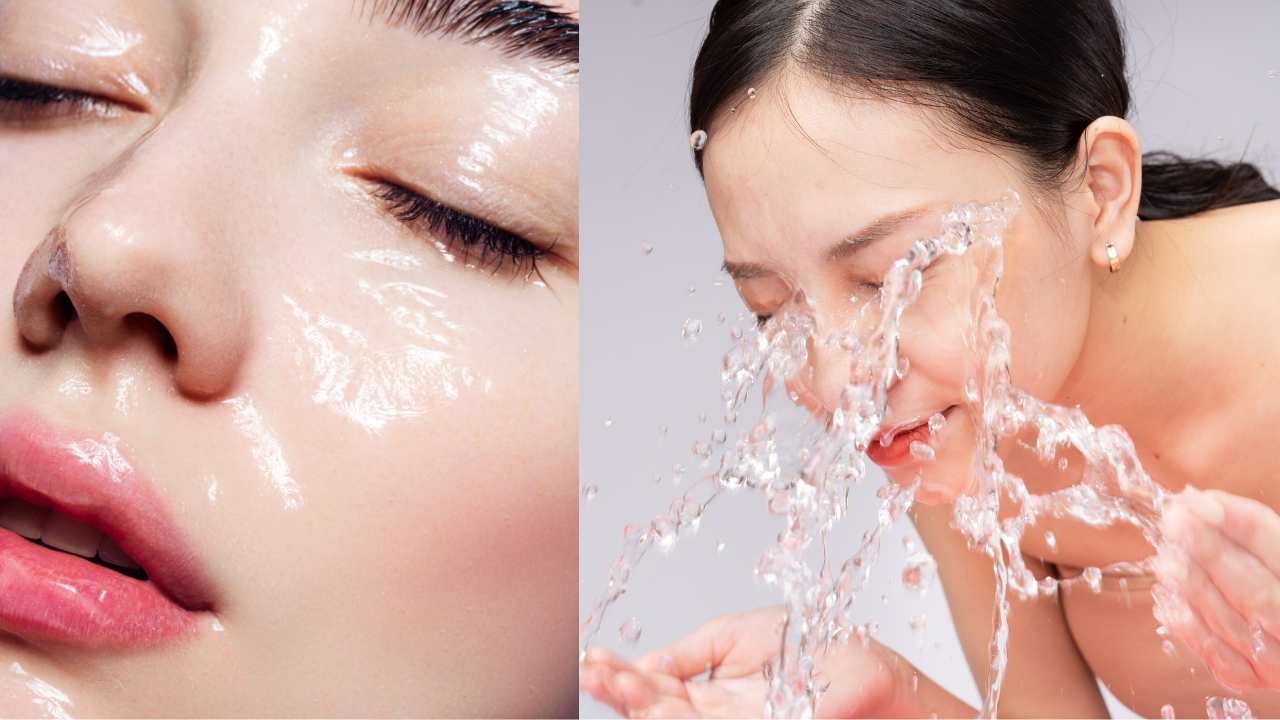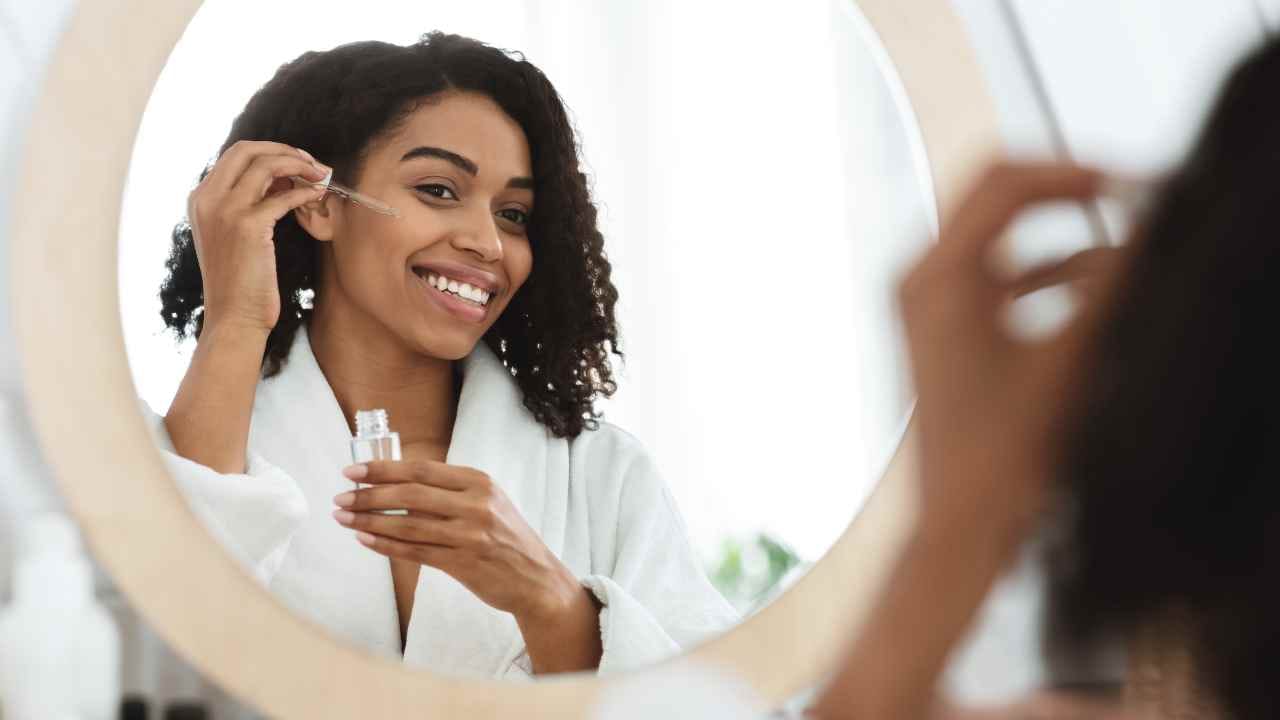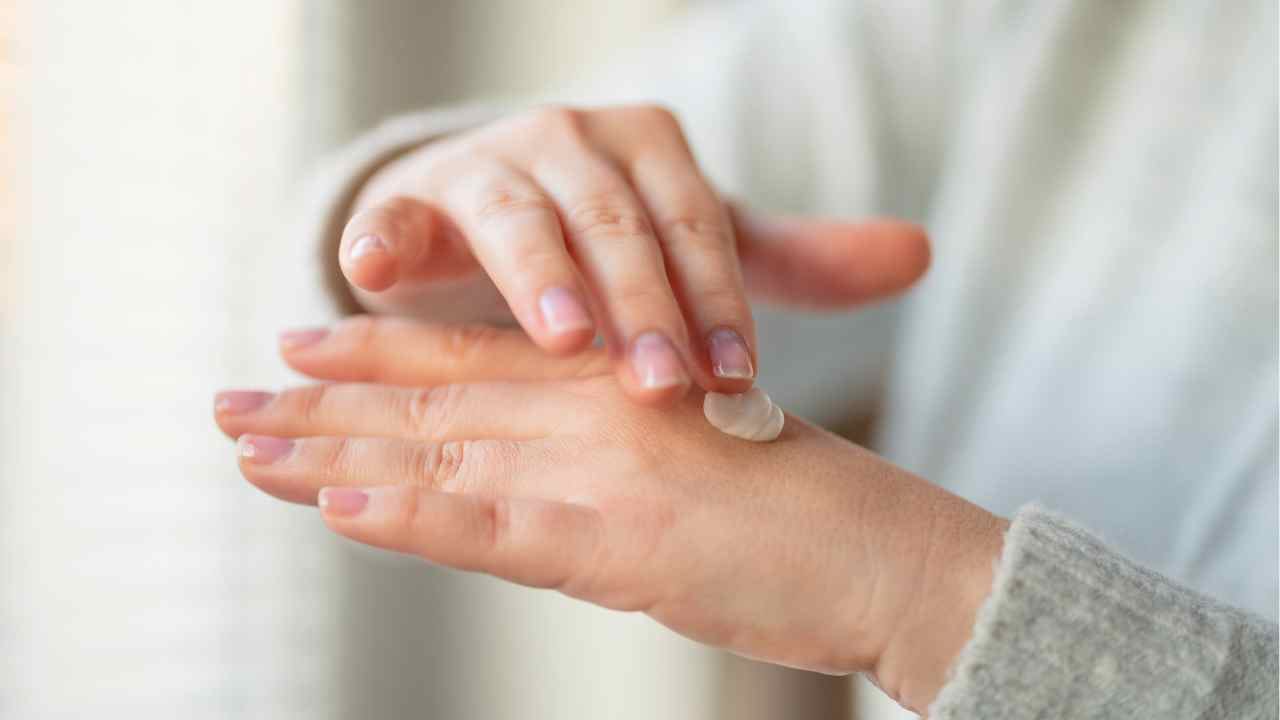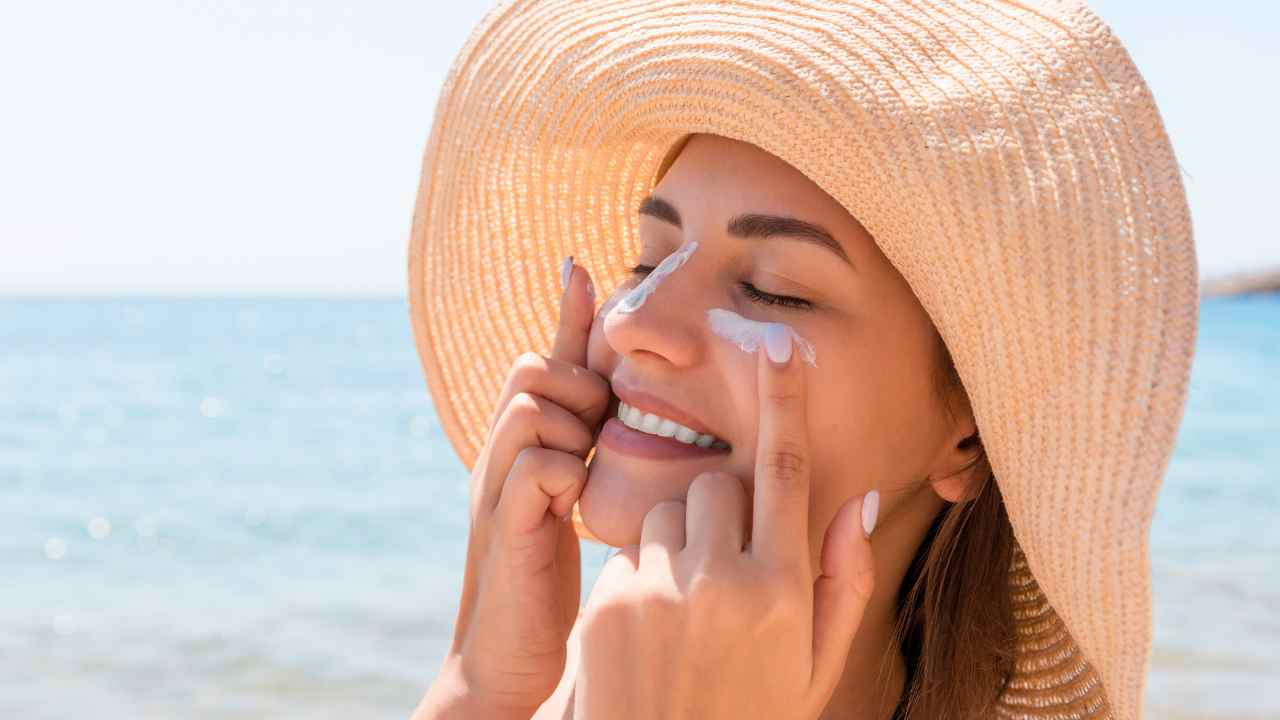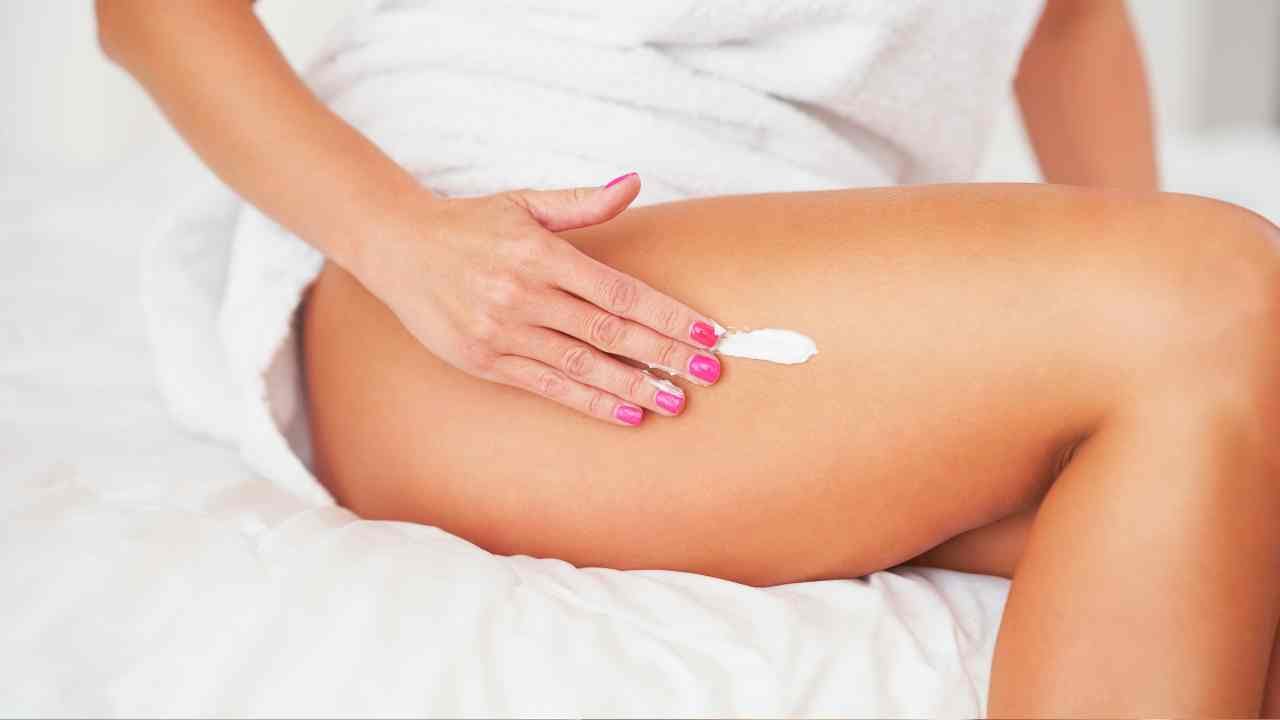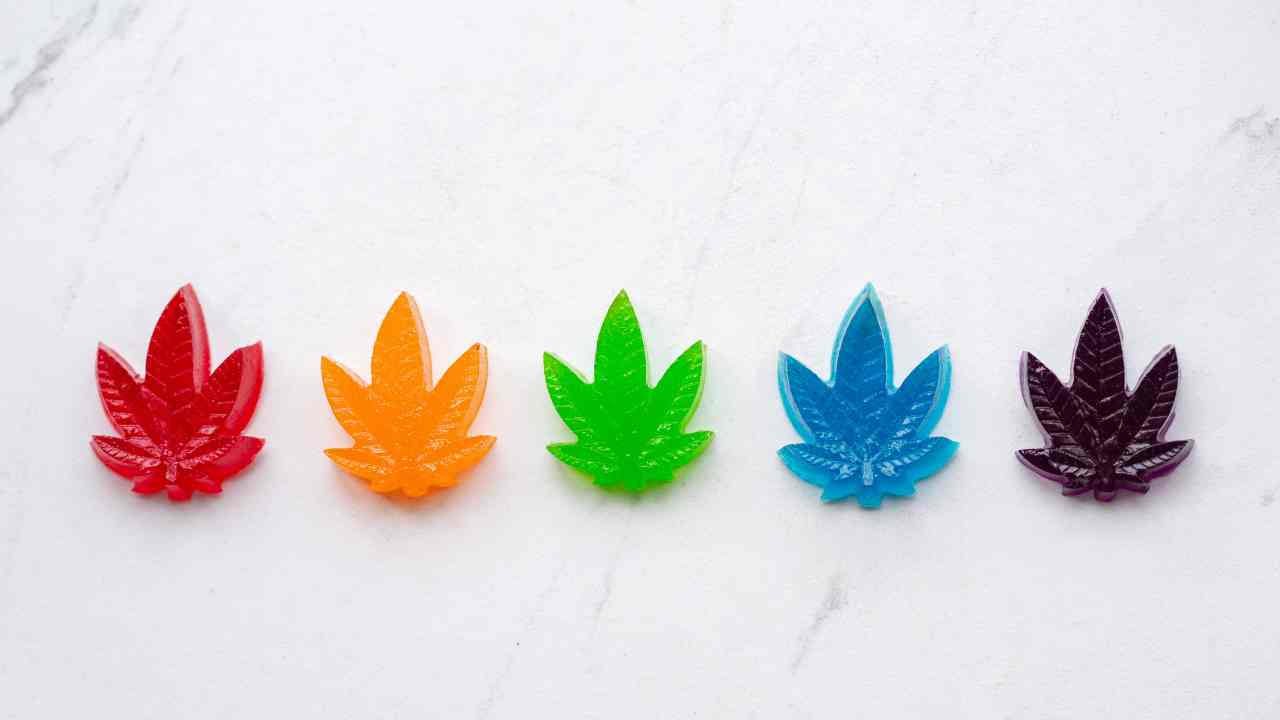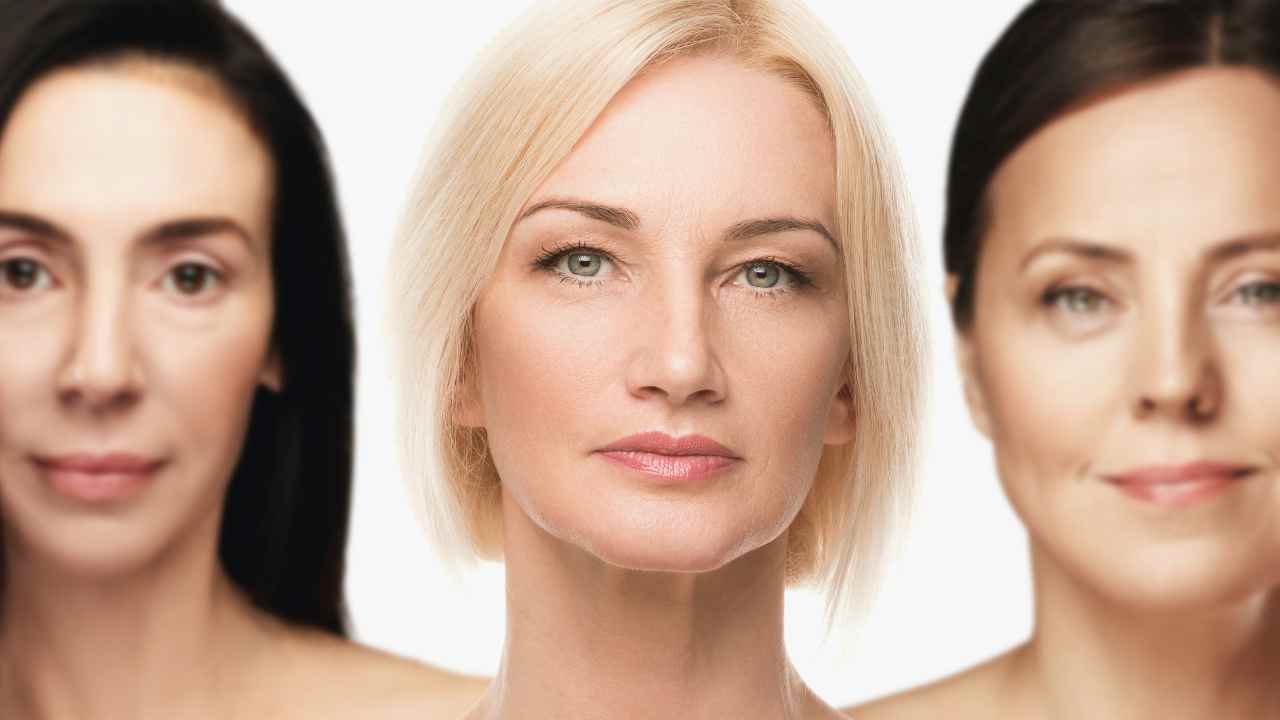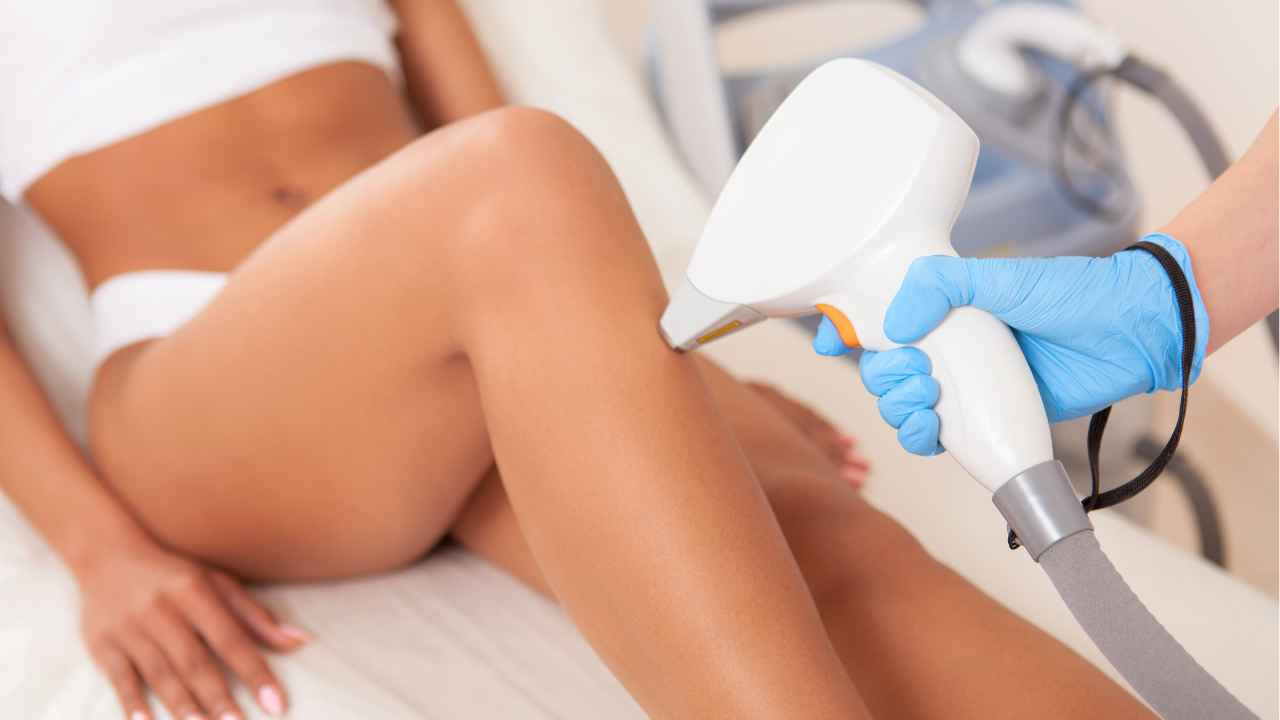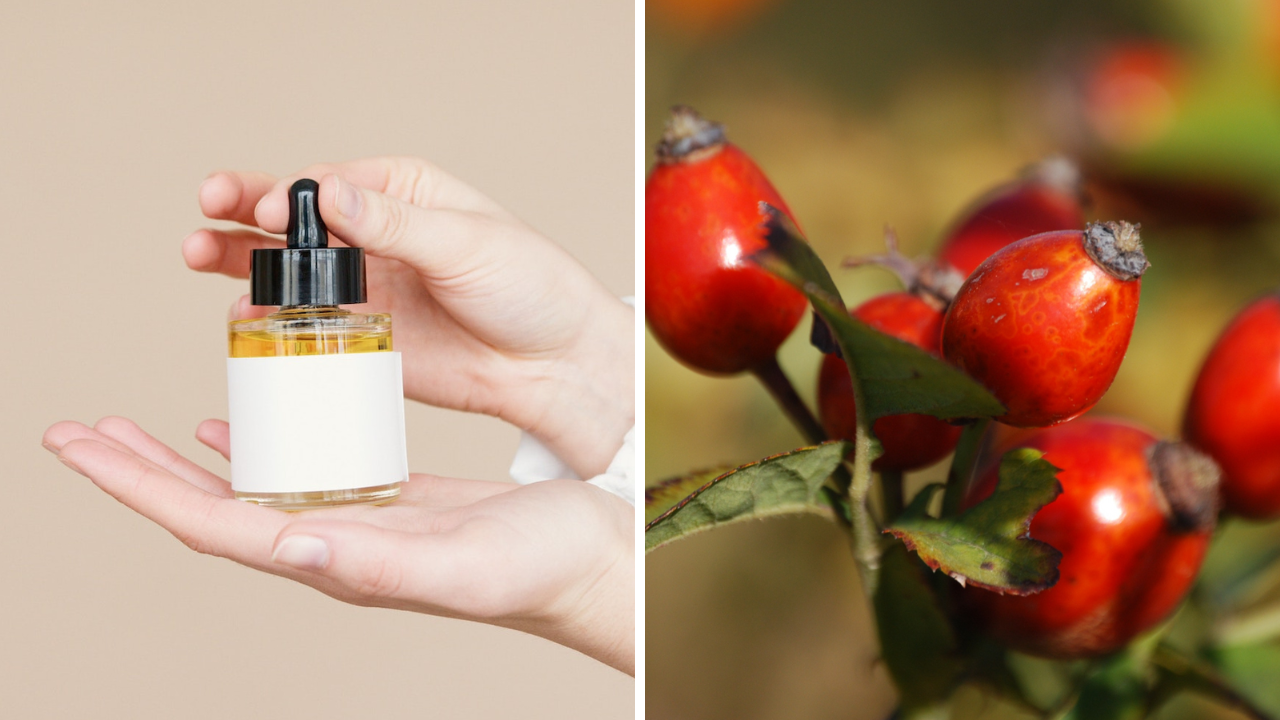
Does Rosehip Oil Clog Pores? Here's What Science Says!
Rosehip oil is a natural and nutrient-rich oil that has been used in beauty regimens for centuries.
This versatile oil, which is derived from the seeds of rose bushes, is known for its ability to hydrate and nourish the skin without clogging pores.
But does that mean it's completely pore-safe? Let's dive deeper into rosehip oil and find out if rosehip oil clogs pores!

What is Rosehip Oil?
Rosehip oil comes from the seeds of a rose bush’s fruit. It is rich in antioxidants, essential fatty acids, vitamins A, C, and E, as well as minerals such as zinc and iron.
It has been used for centuries in many cultures due to its nourishing properties.
The main benefit of using rosehip oil on your skin is its hydrating benefits—it helps to keep your skin looking dewy and fresh all day long by locking in moisture deep within your pores.
It also helps reduce signs of aging like fine lines and wrinkles, while keeping skin supple and glowing.
How is Rosehip Seed Oil Extracted?
Rosehip seed oil is typically extracted using a cold-pressing method. This involves crushing the rosehip fruit and seeds, then pressing them to extract the oil.
The resulting oil is unrefined and retains its natural properties and nutrients.
Some manufacturers may use solvent extraction methods, but cold-pressed rosehip seed oil is considered to be of higher quality.
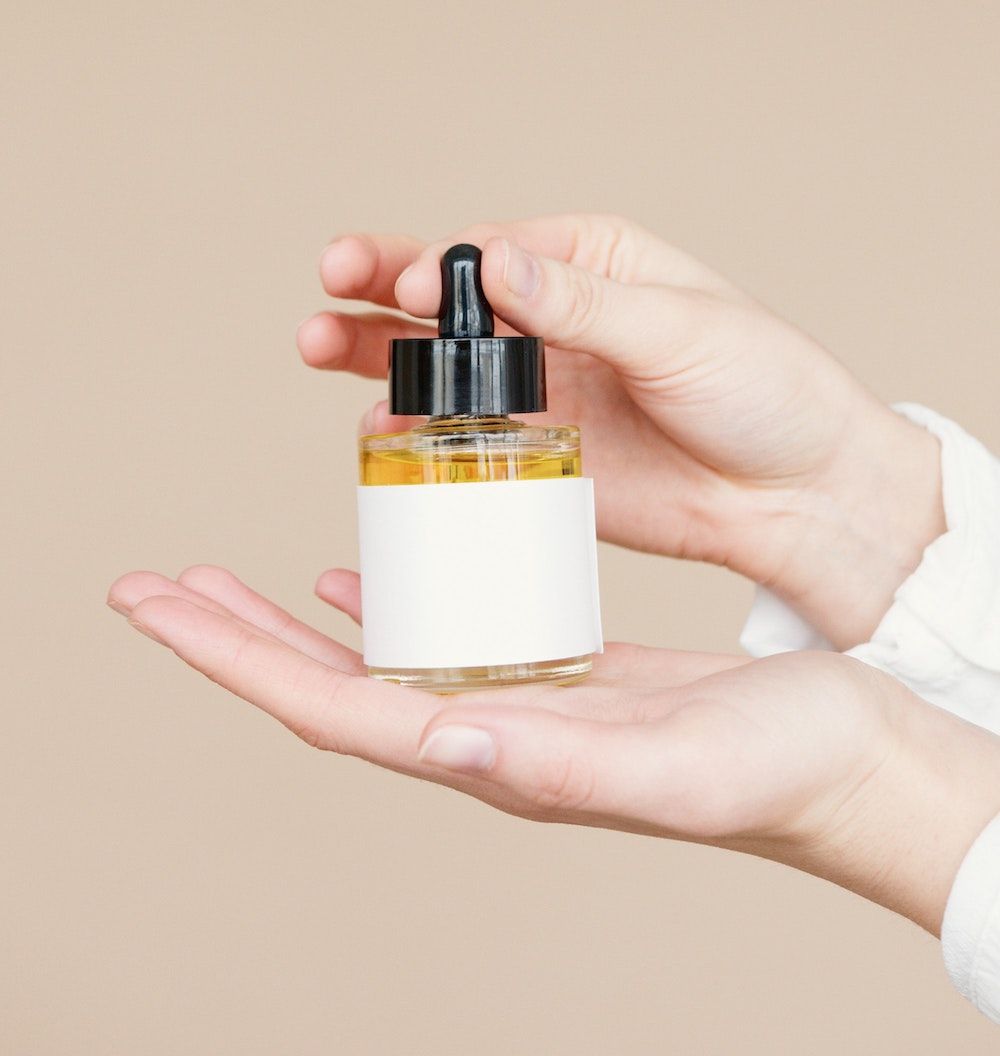
What Are The Benefits of Using Rosehip Oil?
Using rosehip oil can have some amazing benefits for your skin!
When you apply rosehip oil, not only will it help keep your skin looking hydrated and healthy all day long but it can also help reduce signs of aging like wrinkles or fine lines over time.
Additionally, because of its anti-inflammatory properties, it can help soothe any existing blemishes or breakouts while reducing redness or irritation in the process.
Finally, because rosehip oil doesn't contain any harsh chemicals or synthetic fragrances (like other skincare products do), there's no need to worry about irritating sensitive skin types with this product either. You can definitely give your skin rosehip oil!
But Does it Clog Pores?
The short answer is no—pure rosehip oil does not clog pores!
In fact, because it contains anti-inflammatory properties, it can actually help reduce any inflammation or redness caused by existing breakouts or blemishes on the skin.
And since it’s non-greasy and easily absorbed into the skin, you don’t have to worry about leaving behind any heavy residue or oily skin that could potentially clog up your pores later on down the line.
Rosehip oil also has a rating of 1, a lower comedogenic rating than other natural oils such as cocoa butter, avocado oil, coconut oil, almond oil or olive oil, which means it's less likely to clog your pores. If you can't find rosehip oil, squalane oil is another pore safe oil.
Is Rosehip Oil Good for Acne Prone Skin?
Absolutely! Rosehip oil is one of nature's best kept secrets when it comes to skin care.
Rich in essential fatty acids and vitamins, rosehip oil nourishes the skin while balancing sebum production. It is packed with antioxidants like Vitamin A, which help fight free radicals that damage the skin and reduce signs of aging.
Rosehip oil can be especially beneficial for those with acne prone skin as its anti-inflammatory properties soothe irritated skin and minimize breakouts due to its Omega 3 content.
Rosehip oil can also restore hydration and balance that is lost during cleansing which helps prevent acne flares in the future.
When used regularly, it helps keep pores clear while reducing excess sebum production to control oils on the surface of your face.
Rose hip also contains Vitamin C which may help reduce inflammation from existing breakouts, helping them heal faster without leaving behind scars or spots on your face.
In addition, using rose hip regularly can lighten existing spots and discoloration caused by previous blemishes or other factors - a great bonus!
As you can see, rose hips are an invaluable ally for those with acne breakouts as they offer gentle yet effective treatment not just for existing pimples but also prevents future flareups from happening!
Does Rosehip Oil Heal Acne Scars?
Rosehip oil has been shown to improve the appearance of acne scars.
The oil contains high levels of vitamin A, which can help stimulate cell regeneration and collagen production in the skin. This, in turn, can help reduce the appearance of scars over time.
However, it's important to note that results may vary depending on the severity of your acne scars and other factors such as skin type and overall health.
It's always best to consult with a dermatologist before trying any new skincare products or treatments for acne scars.
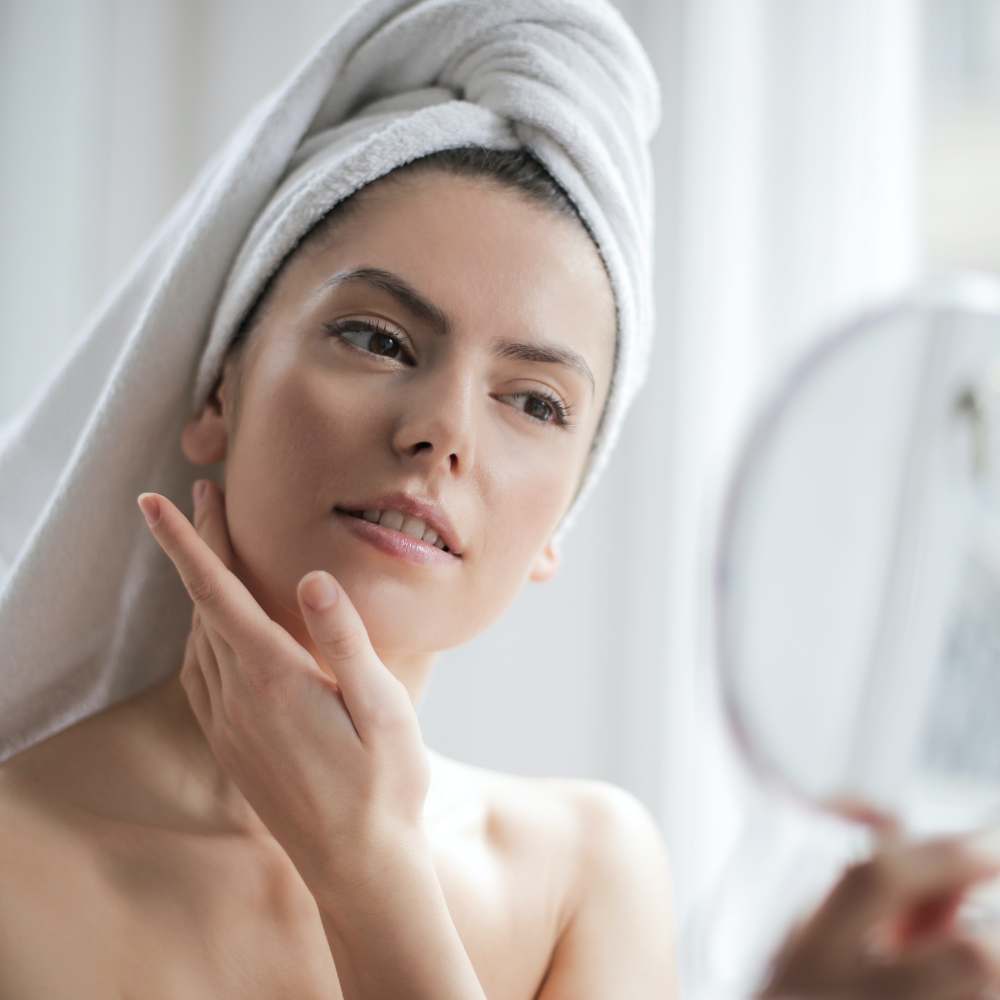
Is Rosehip Oil Like Retinol?
The short answer is: no, rosehip oil is not like Retinol.
Rosehip oil and Retinol are two very different skincare ingredients. But they have some similarities and may work together to bring improved texture and tone to your skin.
Rosehip oil is derived from the seeds of wild roses, primarily Rosa canina (the species that grows in Europe). This “fruit” contains a range of beneficial fatty acids including linoleic acid, oleic acid, palmitic acid and others.
These combined with antioxidants help repair damaged skin cells while renewing the skin's natural barrier protection system against environmental toxins or pollutants.
In addition, it helps regenerate tissues by promoting cell growth - stimulating healing processes on even the most severely scarred areas of the face or body.
Rosehip oil can also reduce wrinkles by nourishing collagen production in order to maintain elasticity in the skin - making it look smoother & firmer for longer periods of time!
Retinol (aka Vitamin A) on the other hand works as an exfoliator that breaks down bonds between dead skin cells so fresh healthy ones can take their place instead.
It penetrates deep within our pores helping to reduce acne through its anti-bacterial properties as well as reducing visible signs of premature aging such as fine lines/wrinkles because it increases collagen production over time leading toward a more even-toned complexion!
Unlike rosehip oil which serves more on top layer needs – Retinol will make its way into deeper layers where age-related pigmentations occur over time; meaning faster results when trying to treat these types of concerns quicker than merely relying upon topical applications alone!
Overall though— rosehip oil & Retinol should be seen complimentary rather than interchangeable; while they both serve different purposes you can definitely see benefits when used together! For sensitive skin, rosehip oil might be the better option.
Is Rosehip Oil High in Linoleic Acid?
Yes, rosehip oil is high in linoleic acid. In fact, it's one of the best natural sources of this essential fatty acid.
Linoleic acid is an omega-6 fatty acid that plays a crucial role in maintaining healthy skin barrier function and reducing inflammation.
It's also been shown to be effective in treating acne prone skin, as many people with acne have lower levels of linoleic acid in their sebum (skin oil).
By applying rosehip oil topically, you can help support your skin's natural barrier function and maintain healthy, glowing skin.
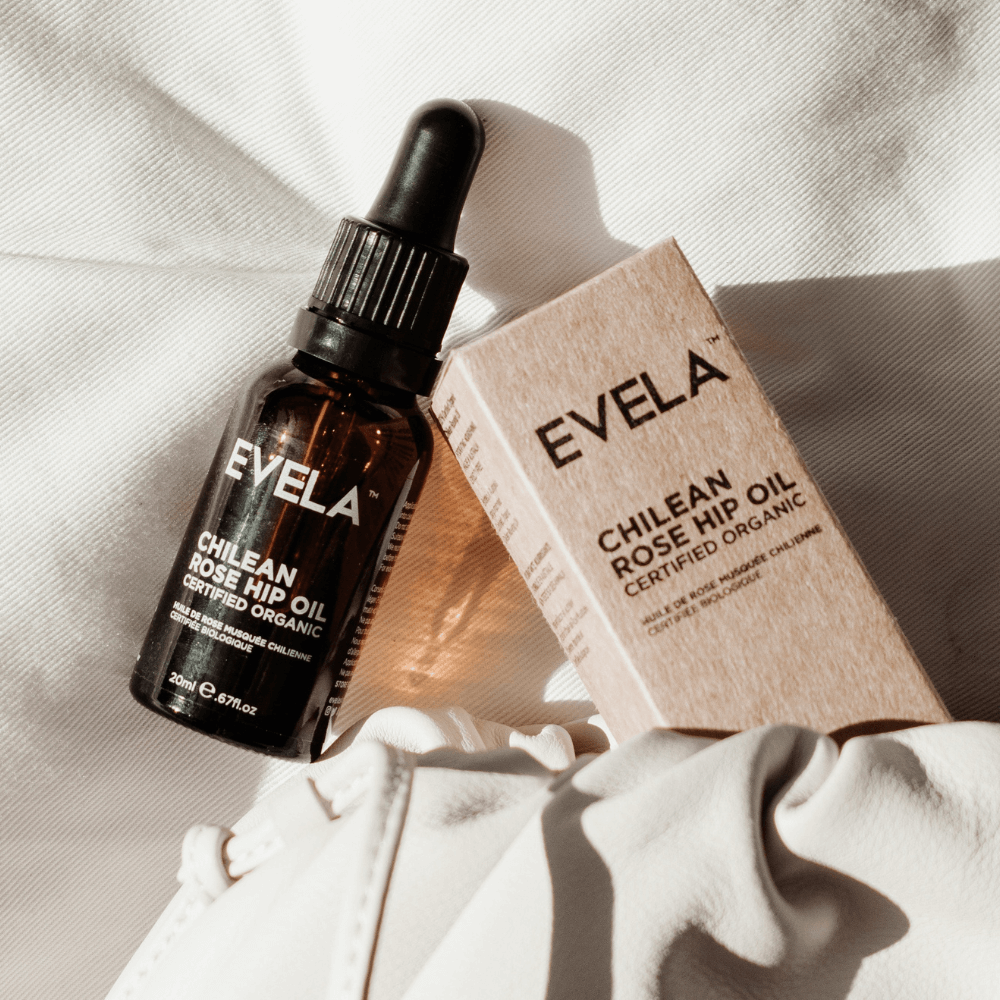
Does Rosehip Oil Exfoliate Your Face?
Absolutely! Rosehip oil is a natural exfoliator, and it can be an incredibly effective addition to your skincare regimen.
In terms of its exfoliating abilities, the essential fatty acids in rosehip oil help repair damage to the skin barrier while also helping to gently remove dead skin cells.
This makes it an excellent choice for anyone looking for a gentle yet effective exfoliating solution.
Because rosehip oil is only good for light exfoliation, you may want to try other products for more aggressive exfoliation.
You can choose either physical exfoliators like a salt scrub or chemical exfoliators such as salicylic acid to improve your skin texture.
Who Should Not Use Rosehip Oil?
Generally, rosehip oil is considered a safe and natural ingredient to use on the skin.
That said, those who should not use rosehip oil include anyone with an allergy to any of its components such as the fatty acids linoleic acid, oleic acid or palmitic acid.
Additionally, those who know that they are allergic to other essential oils like primrose oil or borage seed oil should avoid using this product due to potential cross-sensitivity reactions.
Those with sensitive types of skin may find that it can be slightly irritating when first used, so it's important to do a patch test before applying anywhere near the face.
Also people with oily skin might not benefit from rosehip oil as much since its hydrating properties could make your complexion appear even greasier than before.
Finally, due to its photosensitizing effects (increased sensitivity of your skin when exposed to UV radiation), it's best for pregnant women and children under 12 years old not use this product at all.
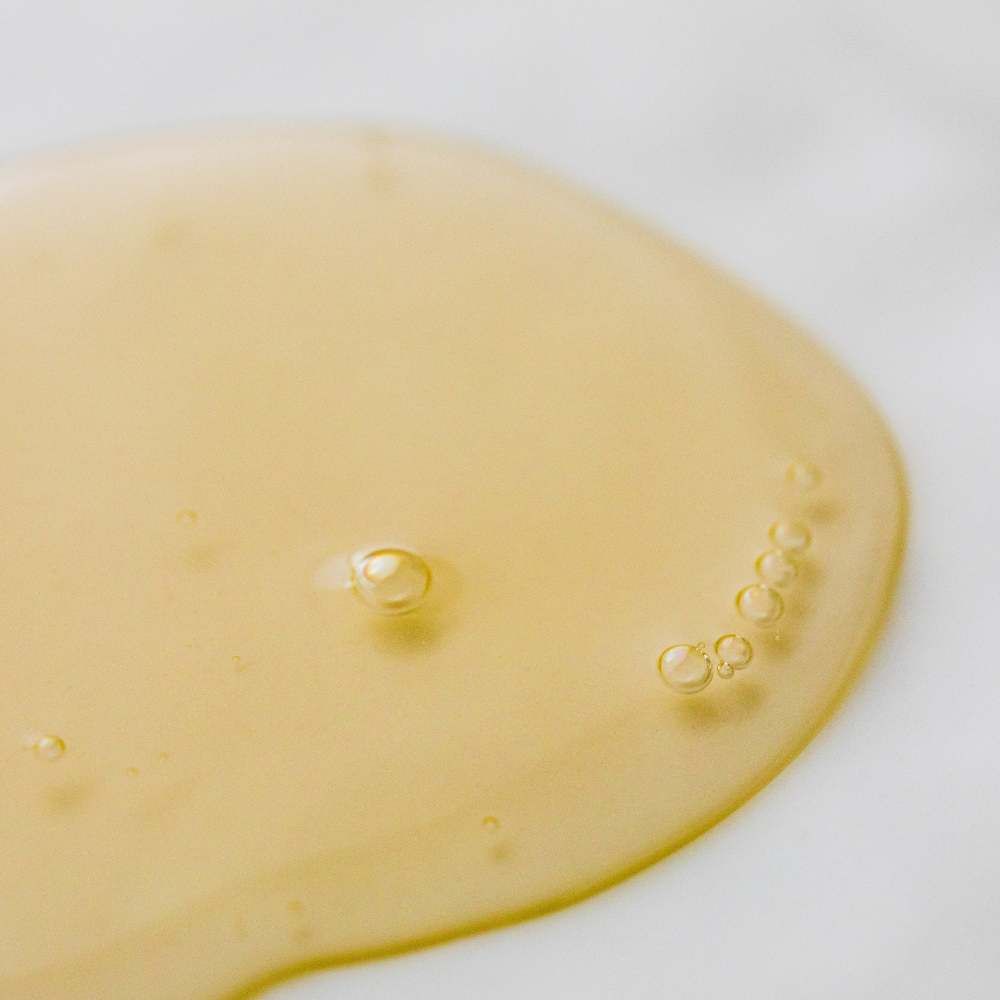
Does Rosehip Oil Clog Pores?
So, is rosehip oil good for your pores? It turns out rosehip oil won't clog up your pores after all!
This natural ingredient is packed full of nutrients that will keep your skin tone looking healthy without having to worry about any negative side effects like greasy residue or irritated sensitive skin types.
So if you're looking for a way to naturally nourish and hydrate your complexion without worrying about clogged pores down the line then give this miracle ingredient a try today. You'll be glad you let rosehip oil work its magic on your dry skin!
If you're looking for a good pore cleanser that is safe for your skin, we can make some recommendations. Tap the button below for our list of the best pore cleansers you can get online.



